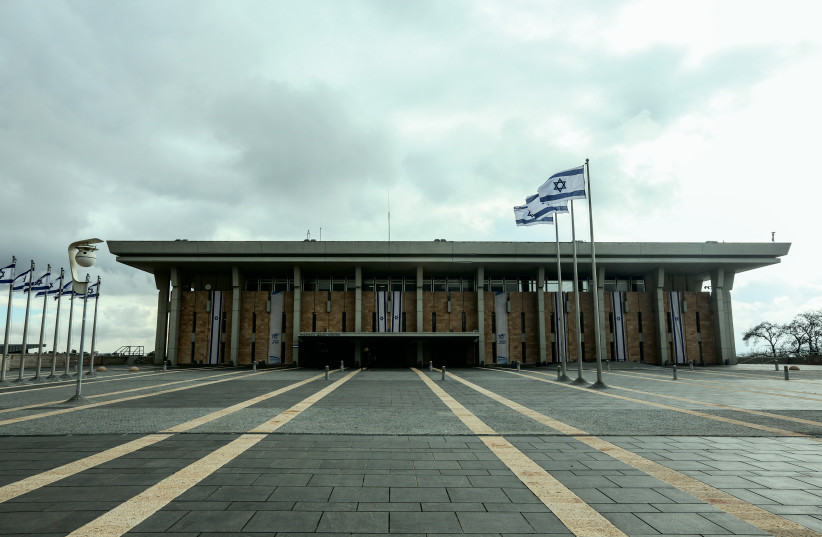The High Court of Justice on Monday heard a petition by a number of NGOs and media organizations to force the government to release its “secret” coronavirus cabinet minutes.
At its core, the petition is about whether the government can make even non-security cabinet meetings classified with unlimited discretion on the issue and with vast implications for the future of how much the public gets to peek into the halls of power.
The petition was first filed In April 2020. However, it was delayed when the government maneuvered the petition into being first heard by a district court.
The government then asked that the petition be amended to reflect that the government itself had changed from a transitional government to a permanent one.

Pro-secrecy arguments
State lawyer Avi Milikovsky said that the government has had complete discretion about which of its cabinet meetings would remain classified throughout the history of the state even beyond security cabinet meetings.
According to Milikovsky, secrecy is required in order to allow cabinet ministers to have an open debate about the issues at hand.
In addition, Milikovsky said that in order to arrive at the right policy, cabinet ministers must sometimes take unpopular political positions.
In contrast, if cabinet minutes were to be made public beyond the discretion of the cabinet itself, many cabinet ministers might start to make problematic policy choices on the basis of politics and how the public might later view what they say in any exposed cabinet minutes.
Discretion is overused arguments
On the other hand, lawyer Shahar Ben Meir on behalf of the Movement for Freedom of Information and other lawyers and other media organizations said that the government has overused it's used its discretion to declare just about everything in its cabinet meetings classified.
He gave the extremely ridiculous example that the government could open a new peanut butter factory and declare it classified if it wanted to.
Ben Meir said that this was especially problematic when the coronavirus wave hit since in early 2020 the government was severely limiting basic liberties, such as the right to movement and the right to keep offices and houses of worship open, while being only a transitional government and without any transparency.
Judicial skepticism
The three Supreme Court justices sitting on the case, President Esther Hayut, Justice Uzi Vogelman and Justice Yitzhak Amit, were all skeptical that after over 70 years in which the government had discretion on this issue, that suddenly the traditional position should be completely overturned.
In fact, Amit directly cornered Ben Meir into admitting that even if this petition only involved the coronavirus issue, if the petition was successful based on the broad arguments that it was presenting, it could potentially lift the veil on all cabinet minutes.
The hearing involved a detailed and esoteric analysis of a number of provisions relating to the issue of secrecy and how to read the related relevant statutory issues in light of the fact that different interpretations could be offered about how far the cabinet's discretion should go regarding classifying non-security cabinet minutes.
It was unclear how soon the High Court would rule.
The hearing was televised live as part of an ongoing pilot program by the High Court to itself endorse greater transparency of its own hearings to the public regarding cases implicating major constitutional issues.
